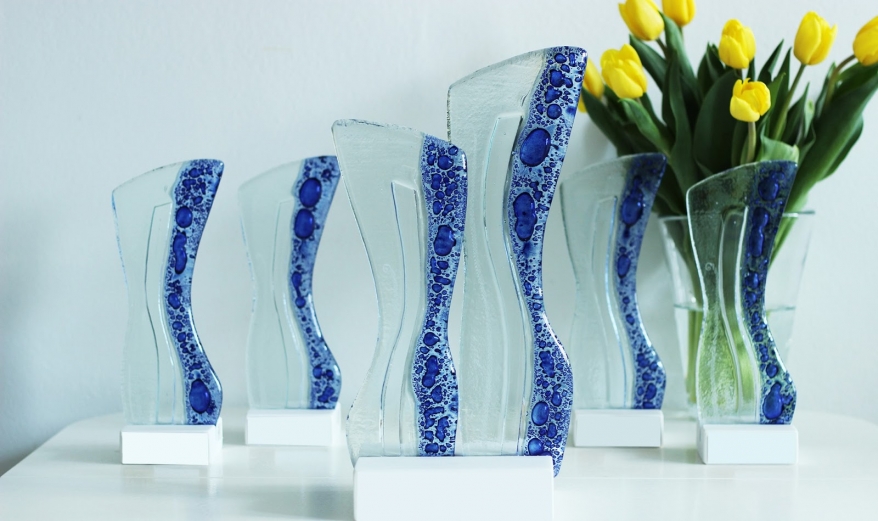A mentor plays a crucial role in a doctoral candidate’s development and success, but their efforts and good supervision practices are not usually formally recognised or awarded. One of the main activities of the Young Academy of Slovenia (Društvo Mlada akademija), formerly known as the Society of Young Researchers (Društvo mladih raziskovalcev Slovenije), is presenting the Mentor of the Year award, which was first given in 2009.
During the 10th anniversary award ceremony last year, dr. Anže Županič, who was the Academy’s president at the time of the award’s conception, explained that the idea was initially inspired by Nature journal’s Mentoring Awards. Moreover, it was aimed at combat poor mentoring practices, which can leave deep scars and strongly influence young researchers at the beginning of their careers. Thus, they decided to reward good mentors who can act as role models for their colleagues. He also described the award’s background in Nature (2011).
Every year we publish a call for nominations, which are initially considered by two independent evaluators. The highest-scoring nominations are then reviewed by a five-member committee of early career researchers, who select five finalists and ultimately name the Mentor of the Year. Awards are handed out at a special ceremony, sponsored by the Slovenian Research Agency (ARRS).
The number of nominations has steadily risen over the years - in 2009, there were only 32, whereas we reached a peak of 124 in 2017. While every nomination represents an individual success story, we observe many common traits and practices that doctoral candidates appreciate in their mentors. Recently, we began to interview the recipients of the awards and their candidates about what good mentoring means to them, and this year, hosted a round-table discussion on what are the keys to a successful candidate-mentor relationship and what to do when things go wrong.
The majority of candidates pointed out that their mentors treated them as equals, and trusted in their abilities. This allowed them to develop to their full potential by exploring their own ideas, while being supported by honest feedback from their mentor. Another common trait of good mentors is that they encourage candidates to present their work at an international level and allow them to visit institutions outside Slovenia. This enables them to expand their knowledge and establish connections with their peers worldwide, which is invaluable in modern academia. Candidates also stressed the importance of mentors’ support when encountering research or personal issues, and their understanding when it came to finding a good work-life balance, both by providing support and by setting a good example themselves.
The majority of mentors that we interviewed view being a supervisor as a privilege that allows them to bridge between two generations of researchers, and share their knowledge. Most of them see mentoring, first and foremost, as establishing a relationship based on mutual respect, trust, accountability, and co-operation. They view their role primarily to monitor, motivate, support, and encourage the candidate - aiming to ensure that their research progresses steadily and is recognised internationally. Most of the awarded supervisors also pointed out that they themselves were mentored by exceptional supervisors, who inspired them with their mentoring practices. Therefore, they try to work with their own doctoral candidates using these same approaches. They firmly believe that good relations between candidates and their mentors are vitally important, not only for the candidate but also for the mentor. A good relationship can not only result in exceptional research achievements, but provides a safe and encouraging environment for the young researcher to develop their ideas and reach their full potential.
We hope we will be able to keep alive this tradition of promoting quality mentorship and good mentoring practices for many years to come.
The Young Academy of Slovenia (Društvo Mlada akademija)
Thanks to (in alphabetical order) Majda Pavlin, Tea Romih, Ana Slavec, Marion van Midden and Matja Zalar for contributions to this article. Photo by Danila Rijavec.

